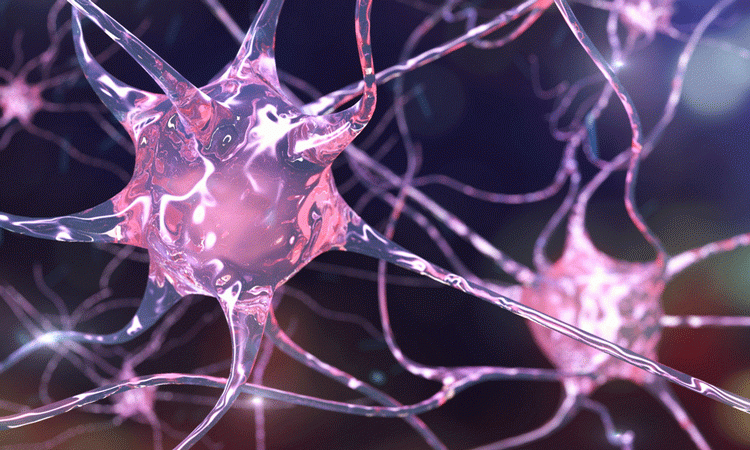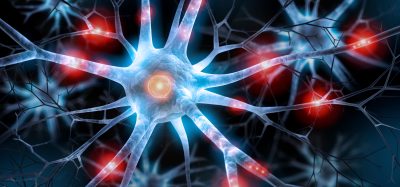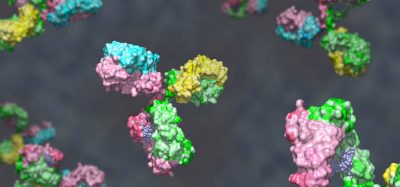Collaboration to discover MND treatments announced
Posted: 27 August 2019 | Victoria Rees (Drug Target Review) | No comments yet
MSD and the Francis Crick Institute will work together on a project to identify disease targets for motor neuron disease.


A new collaboration to understand the causes of motor neurone disease (MND) and identify potential targets for treatments has been announced. Researchers from biopharmaceutical company MSD and the Francis Crick Institute, UK, are being funded by the UK Medical Research Council and MSD.
…this collaboration could produce ground-breaking research which will ultimately change how we treat a broad spectrum of diseases in the future”
This is the first project in a five-year collaboration agreement, which will see scientists working together at the Crick to better understand difficult-to-treat diseases.
“Through fundamental research, we want to understand the basic biology underpinning the disease. Just knowing what’s happening can offer some comfort to patients, even when there aren’t treatments around the corner. I am excited to start our new collaboration with MSD, which we hope will give us a comprehensive understanding of the earliest events that cause MND. This is a unique science-led partnership, driven by our shared commitment to helping patients in the long term,” says Dr Rickie Patani, who will lead the project.
The new research will build on previous work from Rickie’s group, which identified key mechanisms that can kill motor neurons in patients. By studying human motor neurons derived from patients’ skin cells, the team hope to build scientific understanding that may underpin new treatments in the years to come.
Fiona Marshall, Vice President, Head of Neuroscience Discovery and Head of Discovery Science at MSD UK said: “We are delighted to be working with Rickie and his colleagues at the Crick and I am hopeful that this collaboration could produce ground-breaking research which will ultimately change how we treat a broad spectrum of diseases in the future. This collaboration is a great example of the opportunities that can arise from a thriving life science community when doors and minds are open.”
Related topics
Drug Development, Drug Targets, Neurons, Neurosciences, Research & Development
Related conditions
Motor neuron disease (MND)
Related organisations
Francis Crick Institute, Medical Research Council, MSD
Related people
Dr Rickie Patani, Fiona Marshall








